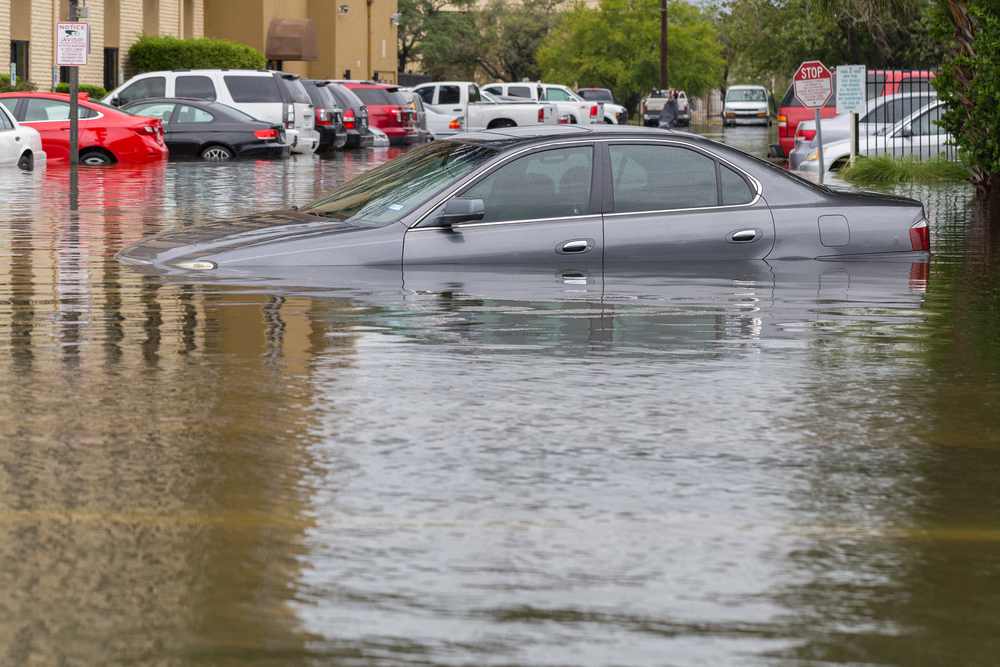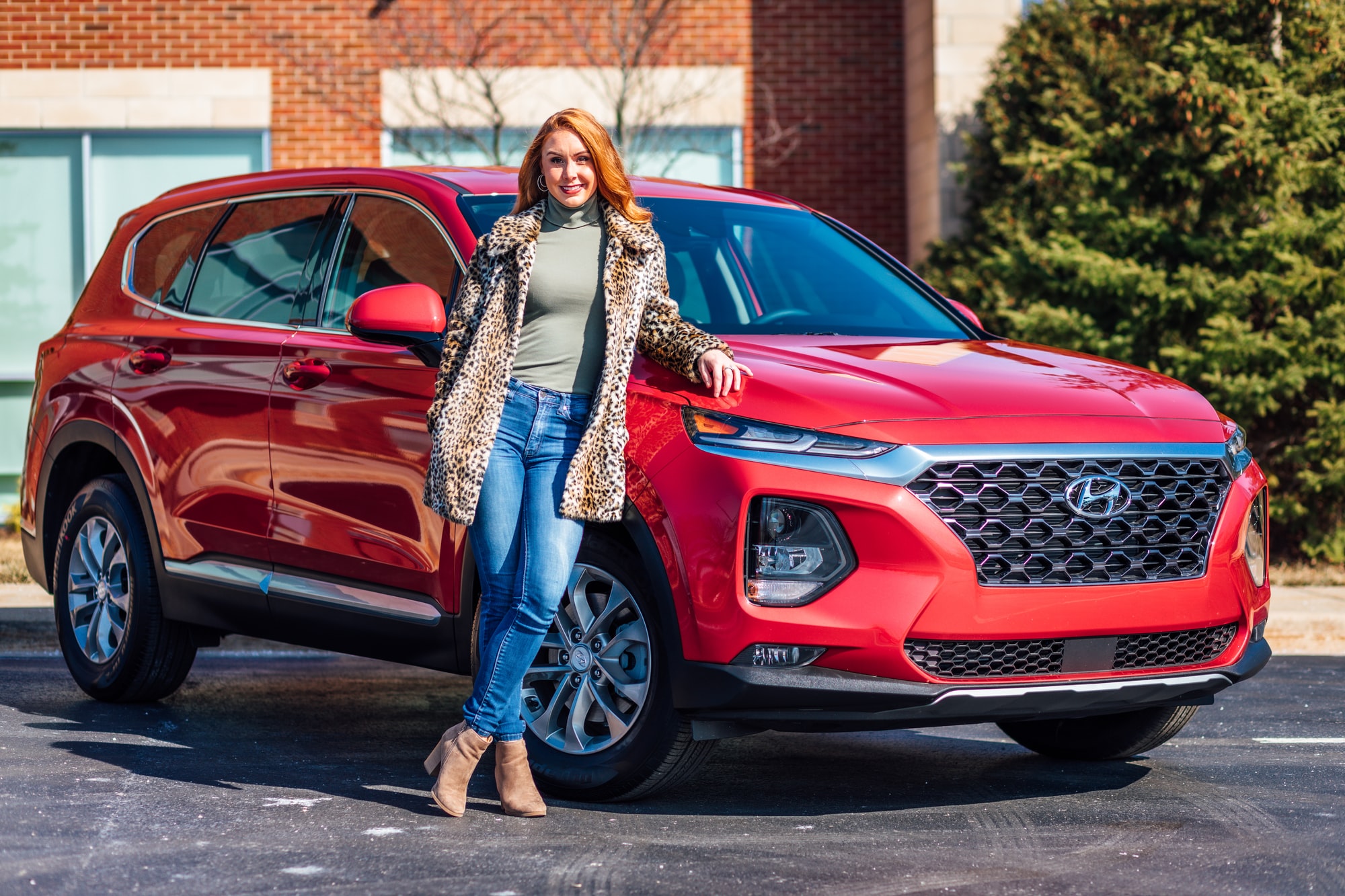Cars Underwater! $1,000 Payments Grow
Cars do more to keep us poor than just about anything. Right now, the $1,000 car payment is a spreading curse.

Car owners are increasingly upside down when they show up at a dealer's lot looking for a deal on a new car. Not upside down like in a ditch – upside down like owing more on their car than it's worth.
This unfortunate state of affairs is known as negative equity, or "being underwater," and it makes it very difficult to finance a new car purchase without breaking the bank and can result a monthly payment of more than $1,000 on a new car that's nothing extraordinary.
It all goes back to the original sin of car ownership – depreciation. Cars depreciate quickly, unlike real estate, which usually appreciates. Thus, the value of that new $40,000 car falls rapidly to $34,000 or less the minute you drive it off the lot. And, perhaps surprisingly, luxury European imports depreciate much faster than domestic and Asian models.
A few years back, Americans started falling in love with the six-year car loan, since it was the only way the average buyer could afford to purchase a $40,000 vehicle. Now it's a few years later and the buyer still owes a bundle on the car, which is worth a lot less than the outstanding loan amount.
Add to this predicament the rapid increase in new car prices and rising interest rates. A decently equipped midrange sedan or SUV can easily cost $50,000 today, and lenders are now looking at 6.9% loans instead of the 4.3% of a year or so ago, according to market research firm Edmunds.
What's the answer? Unfortunately, there's no simple solution. Americans mostly live in the suburbs, many families have two wage earners who need to go to different job sites and mass transit isn't convenient if it's available at all.
People need cars, unfortunately. Remote work may provide some relief but for most people, one or more cars are seen as vital to getting to work, shopping and making the usual rounds of errands and appointments.
Lenders and automakers don't have an easy answer. Why should they? Their profits are piling up nicely, thanks to ever-higher car prices, more frequent new-car purchases and high interest rates.
The only ones showing slight signs of concern are lenders, who fear that consumers will be unable to stay afloat as their debts rise and their equity sinks. But for now, manufacturers, dealers and bankers are making hay while the sun shines. They'll worry when it starts getting cloudy.
You've heard this before. It's still true.
What's a consumer to do? The obvious suggestions are familiar and time-worn but still valid. They include:
- Take the bus or subway. Nobody much likes public transit but you don't have to go into debt to use it.
- Car pool. This sounds like an old idea but it still works if you can round up a couple of neighbors or co-workers with shared destinations.
- Move closer to work. The suburbs are nice and leafy but a close-in apartment or condo may make it possible to walk nearly everywhere you need to go. Walking is free and 15 minutes a day will help keep you healthy.
- Keep your current car. It may need some work and may be looking a little ratty but it won't set you back $1,000 a month. One Los Angeles consumer we know recently spent $3,600 to fix up her ten-year-old Mini Cooper with 140,000 miles on the clock. That's a big chunk but it's a lot less than the $12,000 a year a new car might have cost.
- Buy used. When you do buy a different car, buy a used one. A lightly used two-year-old car is likely to cost at least $10,000 to $15,000 less than a new one similarly equipped. Yes, the heads-up display on the new models is nice but hardly necessary.
- Winnow the herd. Two- and three-car families may be able to get by with one car (and maybe a bike or scooter) if they put their minds to it. It takes a little planning but it's a lot better than finding yourself with no savings when you hit 65 or 70 or whatever the official retirement age will be when you reach it.
- Be careful with electricity. Yes, electric cars are great but they are still quite expensive. Do the math. Compare similar gas and electric models. Ask yourself if you drive enough for the gas savings to make much different. Don't forget to calculate how long it will take for the savings to equal the price difference.
I'm not sure who it was but someone once said that we must live in the times as we find them. Right now, we are living in uncertain economic times marked by inflation, high interest rates and a somewhat shaky global political environment. It's not the time to splurge on a car.


